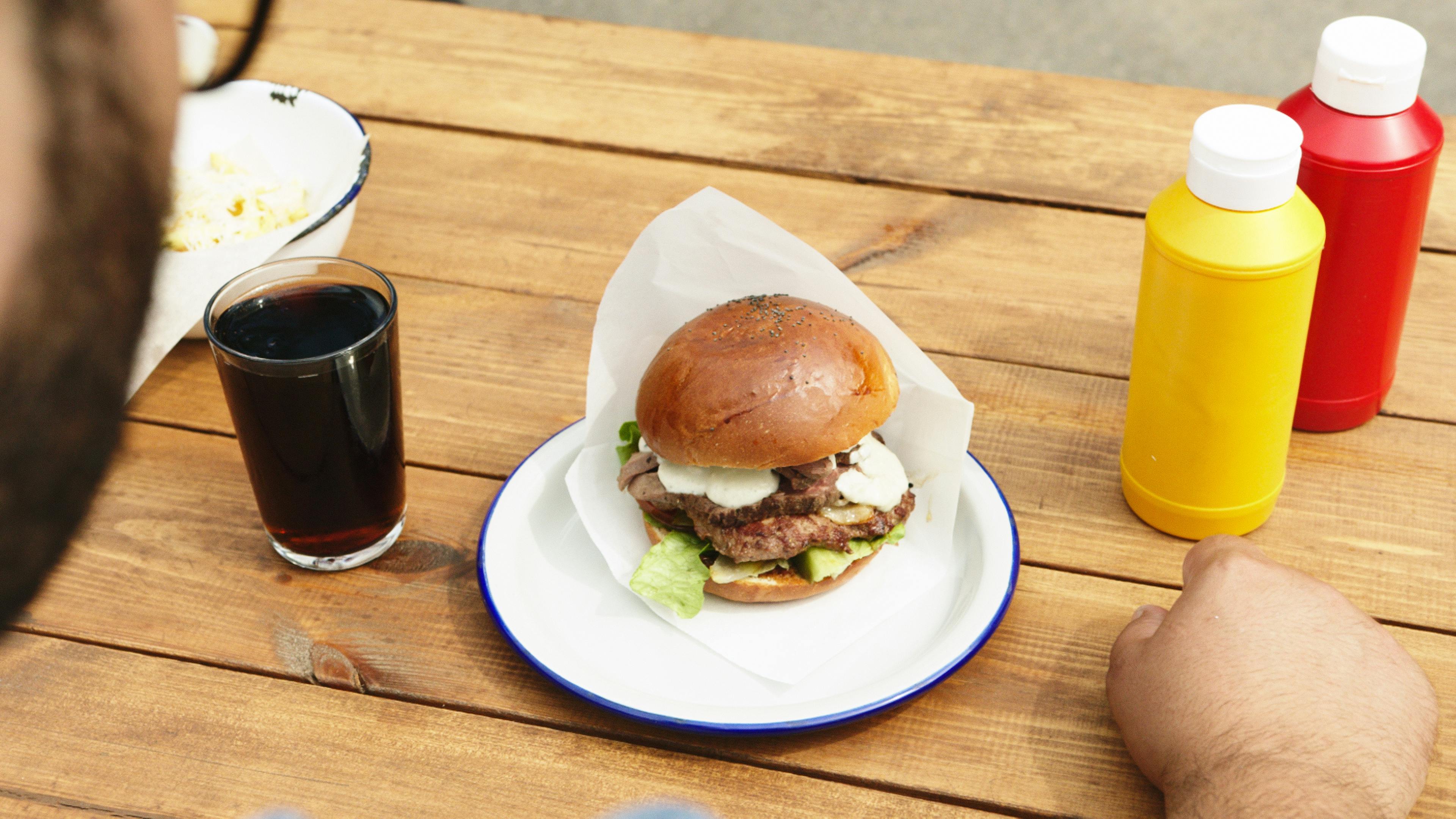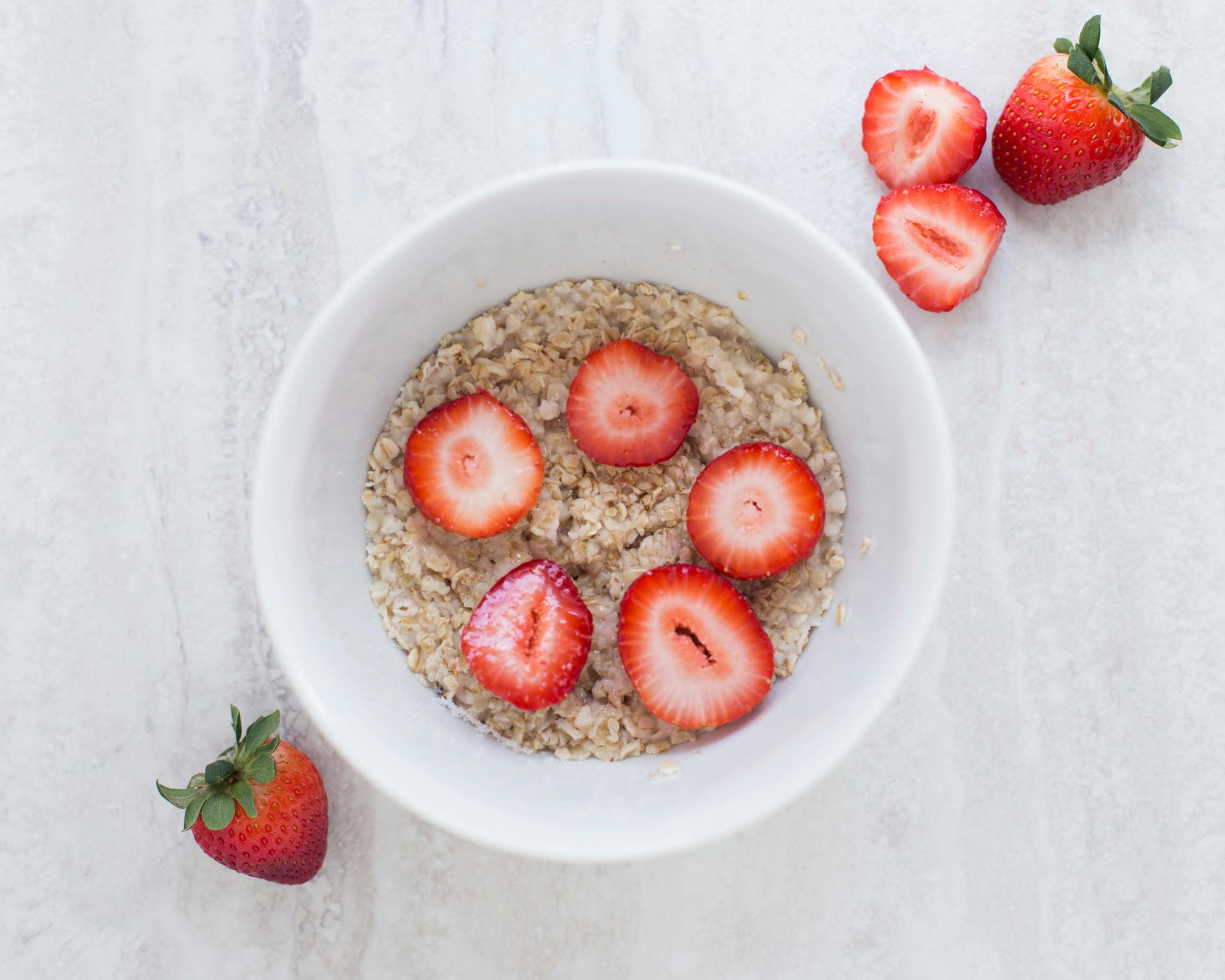
Essential Guide to Fat Control for a Healthier 2025
As we head into 2025, maintaining a sustainable approach to fat control is essential for optimal health and well-being. Understanding the dynamics of fat burning, weight loss, and effective workout strategies can greatly enhance your fitness journey. This guide aims to provide valuable insights into various dieting strategies, nutrition plans, and fitness goals that align with your aspirations for a healthier lifestyle.
By focusing on essential elements such as calorie deficit, metabolism boost, and balanced diet, you can make informed decisions about your food choices and exercise routines. We will explore effective workout techniques, meal prep ideas, and lifestyle changes that promote fat reduction and fitness success. Additionally, this guide will incorporate expert tips on calorie tracking and maintaining motivation throughout your fitness journey.
Get ready to embark on a transformative experience as we delve into the science of fat control, explore practical advice from wellness programs, and discover how you can track your progress effectively. Whether you are looking to shed body fat percentage or gain muscle through strength training, this essential guide is designed just for you.
Key takeaways: Learn how to manage your caloric intake, understand dietary supplements' impact, and utilize high-intensity training for optimal fat loss results.
Understanding Fat Loss and Its Importance
Fat loss isn't merely about shedding pounds; it's about understanding your body's metabolism and making strategic dietary choices. When we talk about fat burning, we refer to the physiological processes that fuel our energy levels during physical activity. Understanding this process is crucial for effective body transformation and achieving long-term fitness goals.
Caloric Intake and Its Role
Caloric intake is one of the most critical factors influencing weight loss. Creating a calorie deficit—consuming fewer calories than you burn—is essential for fat reduction. To successfully achieve this, monitoring your food choices and knowing the caloric values of meals is vital. Consider using tools like food diaries for calorie tracking to enhance your awareness of daily intake.
Furthermore, the quality of calories matters. Focus on nutrient-dense foods that provide essential vitamins and minerals while also contributing to your energy needs. Refined sugars and processed foods should be minimized, as they can hinder your metabolism and lead to weight gain.
Metabolism Boosting Strategies
Boosting your metabolism can expedite your weight loss journey. Several strategies can help revamp your metabolic rate, including incorporating high-protein foods into your diet. Foods rich in protein require more energy to digest, ultimately increasing your caloric expenditure.
Regular strength training also plays a vital role in metabolism enhancement. Muscle mass burns more calories at rest than fat, so engaging in resistance exercises can contribute significantly to your fat loss efforts. As you build muscle, you also improve your overall body composition, making your weight management strategy much more effective.
Healthy Eating and Food Choices
An integral part of fat control is establishing healthy eating habits. Focusing on balanced meals that include an adequate amount of dietary fiber, healthy fats, and lean proteins can keep you satiated and reduce cravings. Whole grains, fruits, and vegetables should comprise a significant portion of your diet, providing essential nutrients while helping you feel full longer.
Meal frequency is another critical aspect. Eating smaller, more frequent meals throughout the day can help regulate your blood sugar levels and stave off hunger pangs. This approach can minimize the chances of overeating and help you stay on track with your dietary goals.
Understanding nutrition labels can further empower your food choices. Being aware of portion sizes and nutritional value allows you to consume foods that align with your fitness journey. In turn, this knowledge can influence your workout efficiency and overall progress.
Effective Workout Plans for Fat Burning
With dietary strategies in place, complementing them with effective workout plans is key to achieving weight loss and muscle gain. This section will cover various exercise routines designed to boost fat burning and fitness success.
Aerobic Exercises and Their Benefits
Aerobic exercises are paramount in any fat burning regimen. These activities, such as running, swimming, or cycling, elevate your heart rate and increase calorie burn while improving cardiovascular health. Consistency in performing aerobic workouts can significantly enhance your body's ability to metabolize fat during and after the session.
Consider integrating high-intensity interval training (HIIT) into your routine for effective quick fat loss. HIIT alternates between bursts of intense activity and short recovery periods, maximizing fat burning in a shorter time frame. Incorporating HIIT workouts can provide a substantial metabolism boost to your overall fitness journey.
Strength Training Techniques
While cardio workouts are essential, strength training cannot be overlooked. Engaging in resistance training enhances muscle gain and strengthens bones, which is essential for long-term health. Weightlifting techniques like squats, deadlifts, and bench presses contribute to building muscle mass, thus aiding in calorie burning even at rest.
For those just starting, bodyweight exercises can also be effective. Movements such as push-ups, lunges, and planks utilize your body weight to build strength without the need for gym equipment. These exercises provide flexibility in training and can be adjusted according to individual fitness levels.
Fitness Challenges to Keep You Motivated
Maintaining workout consistency can be challenging, which is why setting fitness challenges can be beneficial. Personal training sessions or group fitness classes often provide structured programs that encourage participants toward their fitness goals.
Participating in wellness coaching can also help you stay motivated by providing accountability and support. Establishing fitness challenges, whether personal or through community initiatives, adds an element of fun and excitement to regular training routines.

Meal Prep and Nutrition Plans
To further align your dietary strategies with workout efforts, effective meal prep and nutritional planning are essential. This section will outline practical steps to incorporate meal prep into your weekly routine.
Meal Planning Essentials
Creating a structured meal plan is foundational for success in your fat loss journey. Start by identifying your health goals and dietary restrictions, then outline weekly meals that support these objectives. Prepare meals that incorporate a balance of macronutrients—proteins, carbohydrates, and fats—to meet your energy needs throughout the week.
Consider incorporating healthy snacks to avoid frequent unhealthy eating. Nuts, yogurt, and fruit provide quick sources of energy and essential nutrients, making them ideal for midday snacks. Meal prepping allows you to have healthy options readily available, minimizing reliance on fast food or other unhealthy choices.
Quick Meal Prep Ideas
For those with busy schedules, quick and efficient meal prep options are advantageous. Batch cooking items such as grains, proteins, and vegetables on weekends can save considerable time during the week. Use airtight containers to store pre-portioned meals for easy access throughout the week.
Utilizing slow cookers or instant pots can also be a game-changer. These tools can help you create flavorful, healthy dishes without extensive prep time—ideal for those seeking efficient cooking methods that require minimal effort.
Nutritional Guidance for Effective Dieting
Seeking nutritional advice may significantly impact your weight loss success. Nutritionists and dietitians can provide tailored plans that align with your lifestyle, ensuring that you’re meeting your fitness goals without depriving your body of essential nutrients.
Implementing changes, such as a low-carb diet or high-protein meal plan, can vary for each individual depending on metabolism and dietary habits. Having expert recommendations regarding dietary supplements, macronutrient ratios, and calorie consumption can further enhance your fat control strategy and ensure balanced nutrition.
Tracking Progress and Staying Motivated
As we embark on this journey towards a healthier lifestyle, it's crucial to track progress and maintain high levels of motivation. This section will provide valuable insights on how to keep yourself accountable throughout your fat control journey.
Utilizing Fitness Tracking Tools
Technology has made it easier to track your fitness journey through various apps and devices. Fitness tracking systems can help you monitor calorie intake, workout efficiency, and overall progress, providing a clear view of your health metrics.
Using wearable fitness trackers allows you to assess your daily physical activity, heart rate, and even sleep patterns. These insights can motivate you to push through challenging days by illustrating the positive changes in your body and lifestyle.
Setting and Achieving Realistic Fitness Goals
Goal setting is an essential component for success in weight management strategies. Establishing clear, measurable, and attainable goals will give you a roadmap for your fitness journey. Aim for small milestones, such as losing a certain percentage of body fat or increasing workout consistency over a specific period; achieving these goals fuels motivation and commitment.
Joining Fitness Communities for Support
Connecting with like-minded individuals through fitness communities can enhance your motivation significantly. Sharing experiences, discussing challenges, and celebrating successes with peers creates a supportive environment that encourages continued growth. Furthermore, participating in group workouts or challenges can add an element of fun and accountability to your fitness routine.

Embracing Healthy Lifestyle Changes for Long-Term Success
In conclusion, embracing sustainable lifestyle changes is paramount for long-term success in fat control. This guide aims to equip you with the tools and knowledge necessary for effective fat burning and weight loss. By understanding caloric intake, boosting metabolism, implementing efficient workout plans, and practicing meal prep, you can create a comprehensive strategy that aligns with your wellness goals.
Remember that progress tracking, seeking support, and maintaining motivation are essential aspects of this journey. As you embark on your path toward a healthier 2025, integrate healthy habits into your routines and remain committed to your fitness journey. Remember, every small step contributes to your overall success in achieving a healthier lifestyle!
```